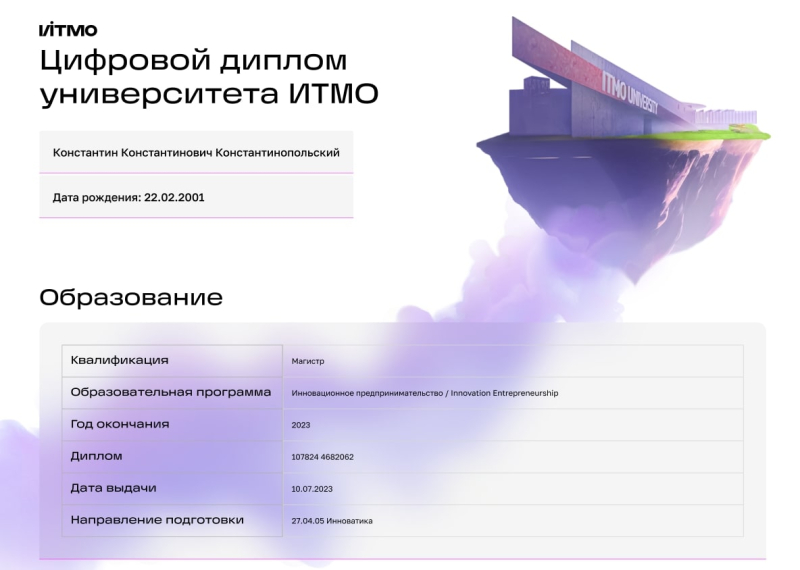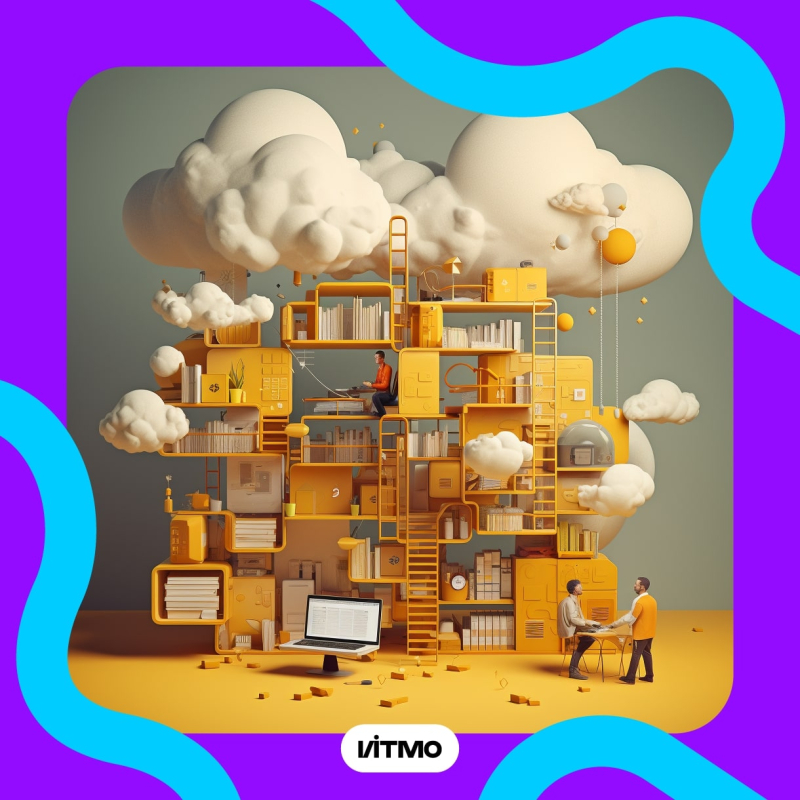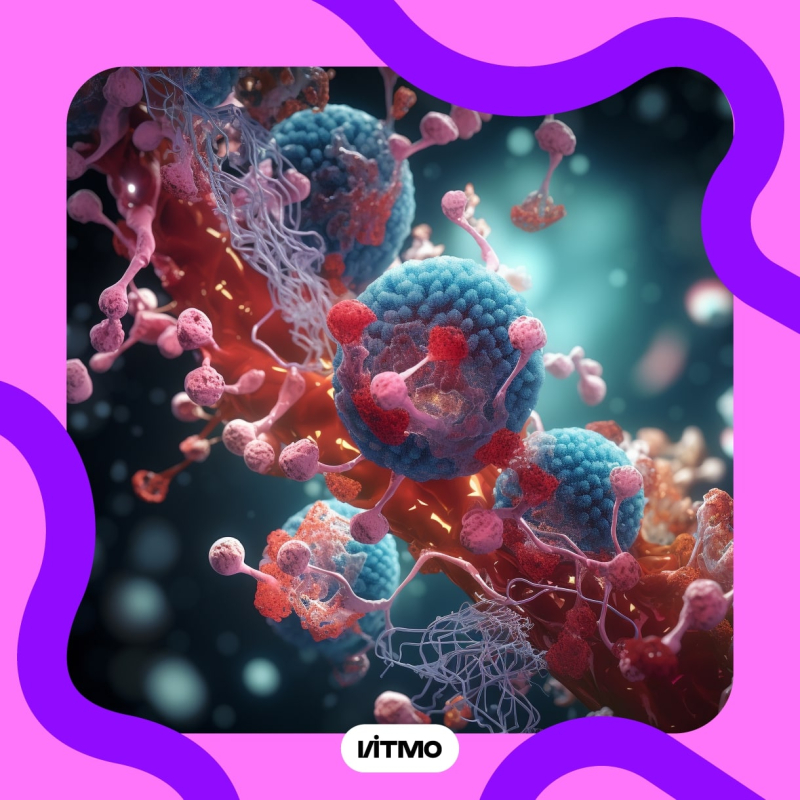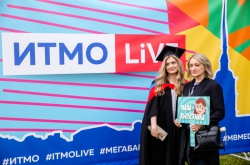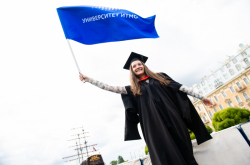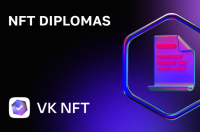Over 3,000 Bachelor’s and Master’s students will graduate from ITMO this year – and over 1,200 of them have applied to receive a digital diploma. These documents list the practical experience as well as professional and soft skills gained by students as part of their unique learning path at ITMO. With digital diplomas, ITMO graduates will have the chance to stand out from among other candidates when looking for a job. That is why students should choose their extracurricular activities wisely, starting from their first year – these activities will form their future portfolio and digital diploma.
“It’s not only through their in-class projects that students can acquire professional competencies – they also come with practical experience, project and research activities, organization of student events, or membership in student clubs. For instance, a student can attend an event in their first year – and become an organizer or manager of the same event in their second year. Their digital diploma will reflect this professional growth and expansion of competencies,” explains Elena Sycheva, the head of the Digital Diploma initiative and the head of ITMO’s Office for Support of Educational Programs.
In order to present a full picture of each graduate’s various achievements, the digital diploma contains the following information:
- latest degree (qualification, educational program, specialization, and number of state-issued diploma);
- previous degrees, if obtained at ITMO (qualification, educational program, specialization, and number of state-issued diploma);
- additional training (professional development courses or internships at ITMO);
- academic exchange (name of partner university, list of completed courses, and number of ECTS);
- project work (name of project(s), time of participation, and the student’s role);
- practical training (location and duration);
- work experience at ITMO (role and responsibilities, employment periods, student club management, internships, or mentorship);
- scientific publications (papers verified by ITMO Library and indexed by bibliometric systems, such as Web of Science or Scopus);
- IPs;
- scholarships and stipends (e.g., enhanced stipend, government scholarship, etc.);
- list of events organized or managed by the student (name and level of the event, as well as the student’s role);
- volunteering activities;
- acquired skills (soft skills and (for Master's students) professional skills).
Only verified information is included in the digital diploma – that is, only the facts that are automatically proven by data from the university’s internal management and communications system (ISU).
“What’s the difference between your CV, your portfolio, and your digital diploma? The main feature of the latter is that every bit of information there is verified by ITMO. When applying for digital diplomas, students can choose what they want to include in them, and the university will guarantee that each student has truly gained the listed skills and experiences,” adds Elena Sycheva.
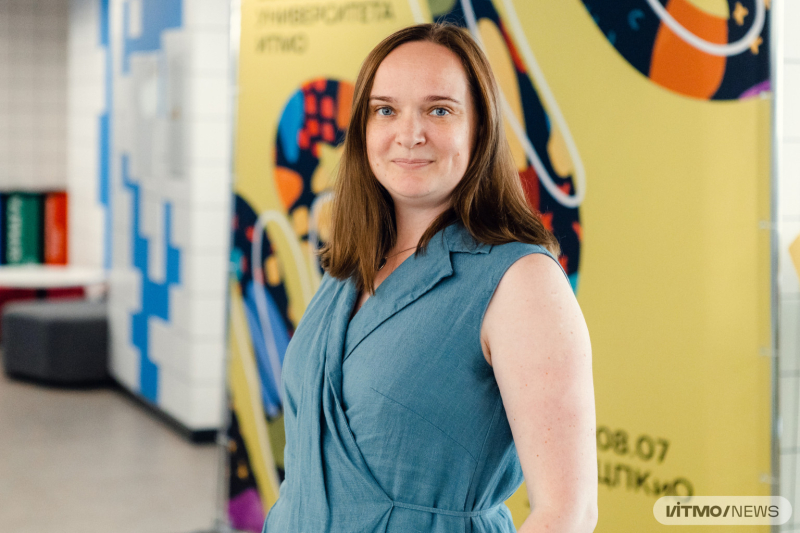
Elena Sycheva. Photo by Dmitry Grigoryev / ITMO.NEWS
For instance, if a student organized an event and information about it can be found on ISU and is verified by the responsible department, then this achievement is included in the digital diploma. However, not every success can make it into the document yet – for example, sporting achievements are yet to be included. Elena Sycheva notes that finding a way to verify students’ various accolades is the next stage of the initiative.
In 2023, all students could apply for a digital diploma by filling in a form via ISU. All applications were processed and verified by the project’s team. On July 8, the day of the university’s graduation party, ITMO.LiVE, students will find links to their digital diplomas in their ISU gradebooks. They can choose to include these links in their CVs when applying for a job or their next degree. The authenticity of each digital diploma is guaranteed because ITMO hosts all related web pages on a domain protected from data parsing; it can additionally be verified using the number of each student’s state-issued diploma included on their web page.
In addition to their two diplomas, this year’s best graduates will receive a special gift from the university – a personalized NFT. No two students are identical and, according to Elena Sycheva, nothing can describe each student’s personal journey and characterize their professional skills like their graduation thesis.
That’s why the project’s team used the topics of best graduates’ theses to create their personalized NFTs: the artwork was made using Midjourney, while prompts for images were written by ChatGPT. Moreover, ChatGPT wrote an Adobe Photoshop script that helped the designers fit the images into frames with the university’s logo. These images were turned into unique NFTs that are now stored in each graduate’s crypto wallet.
Read also:
ITMO Introduces Diplomas for Achievements in Extracurricular Activities
Last year, only 40 best graduates were awarded digital diplomas that listed information about their education, practical experience, grants and scholarships, as well as participation in the university’s events.
